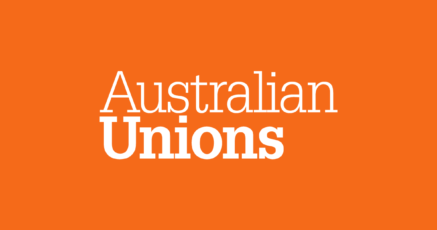The current and future comfort of many households is in question, according to ME Bank’s latest Household Financial Comfort Report, a bi-annual survey which quantifies how comfortable Australian households feel about their financial situation.
ME’s 19th survey shows over a quarter of households saying that they feel ‘worse off about their financial situation over the past 12 months’.
A subset of households recorded declines in financial comfort, most notably, the unemployed (down 9% to 4.72), students (down 7% to 4.26) and casual employees (down 3% to 5.44) – most likely a result of government support being withdrawn and a weak labour market.
More than a quarter (27%) of part-time and casual workers said that they’re seeking additional hours (around 18 extra per week), indicating very high levels of underemployment.
Furthermore, students − who typically work part-time or casually in sectors with greater discretionary spending such as retail, entertainment and cafes − were not only hit heavily by the pandemic restrictions but face fewer entry-level graduate opportunities in early 2021.
Single parents mainly with pre and primary school-aged children reported a substantial fall in financial comfort during the past six months to December (down 14% to 4.65), after the government removed temporary free childcare and tapered other income support.
Comfort is likely to pass and subside
ME Bank’s Consulting Economist, Jeff Oughton predicts that financial comfort will fall as the health crisis ends and an uneven economic recovery continues.
“Underlying economic and financial drivers indicate that this peak may be temporary and potentially quashed in 2021,” he says.
“A decline in household financial comfort is likely to play out over the next six months as government support – especially JobKeeper and JobSeeker − is phased out.
“Australia’s labour market also remains weak, with many workers reporting very high underemployment together with increased expected difficulty in finding a job and subdued wage gains, if any.”
According to the Report, over half of households (53%) ‘expect it will be difficult to find a job in two months’ – 4 points higher than pre-pandemic levels. Furthermore, of those households stating their financial situation has worsened, ‘job changes’ and ‘wages’ were cited by 29% and 23%, respectively.
“Unless the economy gains further momentum from a rundown of these large saving buffers and a faster pace of household spending, prematurely ending government support could have negative consequences on the financial comfort of many households. Wide gaps in financial comfort across households could re-emerge.”
Low-income and low-saving households likely to be hardest hit
After the government began to taper support during the past six months, low-income households (less than $40,000 per annum) and households with low savings (less than $1,000) reported big falls in financial comfort (down 7% and 14% to 4.79 and 3.61, respectively). Many of these households (including many single parents) have found it necessary to access their cash savings and make another withdrawal from their superannuation during the second half of the year.
Furthermore, ME’s report shows many households with little or no savings remain vulnerable to an emergency. Around 20% of households have less than $1,000 in savings (less than the current JobSeeker fortnightly payment). Of these households, only 3% reported they could maintain their current lifestyle for more than six months if they lost their incomes, and only 4% for more than three months or when JobKeeper is expected to cease at end March.
“This is a telling sign of what may come as the government tapers off and ends income and job support measures during the first few months of this year.”










SHARE:
Over a quarter of Aussies feel financially worse off